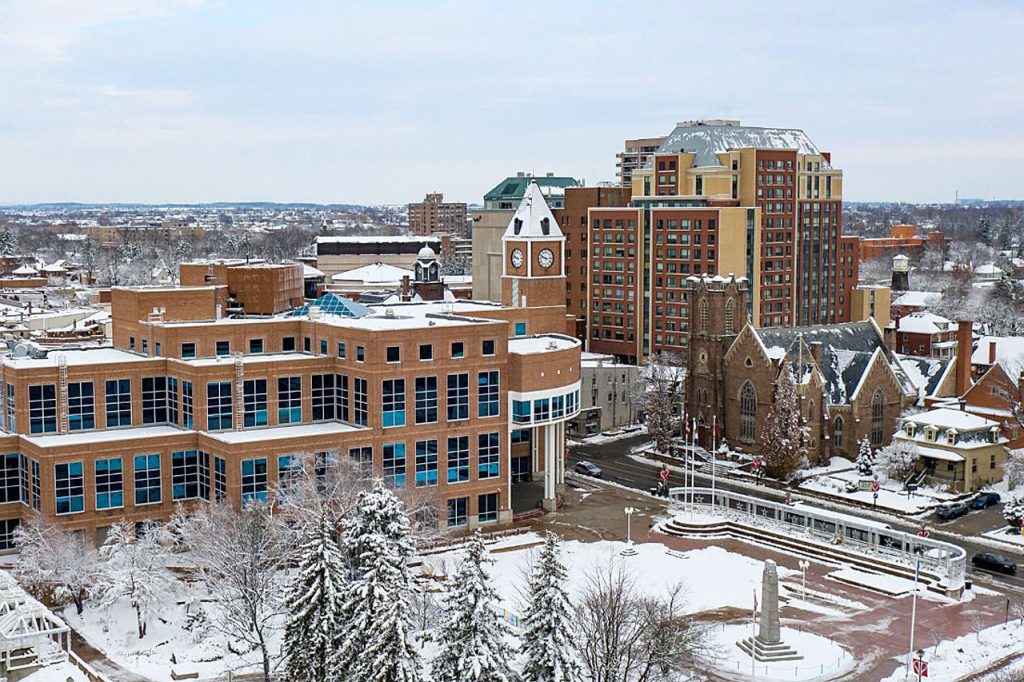A recent poll conducted by INsauga has revealed a growing sense of pessimism among residents of Brampton and Mississauga, with a significant majority expressing concerns about the future of their cities. The informal poll, which gathered responses from over a thousand participants, highlighted mounting frustrations related to rising property taxes, crime rates, and municipal governance issues.
The poll found that 85.65 percent of respondents in Brampton do not feel optimistic about their city’s future, with only 14.35 percent expressing a positive outlook. In Mississauga, while slightly more residents expressed confidence, 71.98 percent still reported feeling uncertain or negative about the city’s trajectory, with only 28.02 percent responding optimistically.
This widespread concern among residents appears to stem from several key issues, including substantial property tax increases set to take effect in 2025. Homeowners in Brampton recently learned they will be paying nearly $200 more in municipal property taxes, while both Brampton and Mississauga residents will see an additional $500 increase in their regional tax bills.
Adding to the frustration is an ongoing dispute over policing costs between the two cities. Mississauga Mayor Carolyn Parrish has raised concerns about what she describes as an inequitable cost-sharing arrangement, where Mississauga is responsible for 62 percent of Peel Regional Police funding while Brampton, despite having a slightly larger population, covers only 38 percent. The funding imbalance has sparked debate over whether a restructuring of policing services is necessary.
Public safety concerns are also a major factor in the growing unease among residents. Reports of violent crime, including auto thefts and smash-and-grab robberies, continue to rise. Peel Regional Police data shows that robbery reports have nearly doubled in recent years, with 581 reported cases in 2021 increasing to 920 in 2024. While auto thefts have seen a slight decline from 8,322 cases in 2023 to 6,747 in 2024, they remain a major concern for local law enforcement and residents alike.
Beyond crime and taxation, economic hardships are also contributing to the uncertainty many residents feel about their cities’ future. The rising cost of living has driven an increased reliance on food banks, with Mississauga seeing a 58 percent spike in food bank usage, now serving an average of 56,000 residents annually.
Despite these challenges, community leaders and organizations continue to encourage residents to take an active role in shaping the future of their cities. Volunteering, civic engagement, and local advocacy efforts are being highlighted as essential ways for residents to contribute to positive change. Several initiatives, including new job opportunities from local business expansions and community support programs, offer hope for revitalization.
While the poll results indicate a prevailing sense of pessimism, they also underscore the importance of community-driven efforts to address pressing concerns and work towards solutions that benefit all residents.
Courtesy INsauga News

